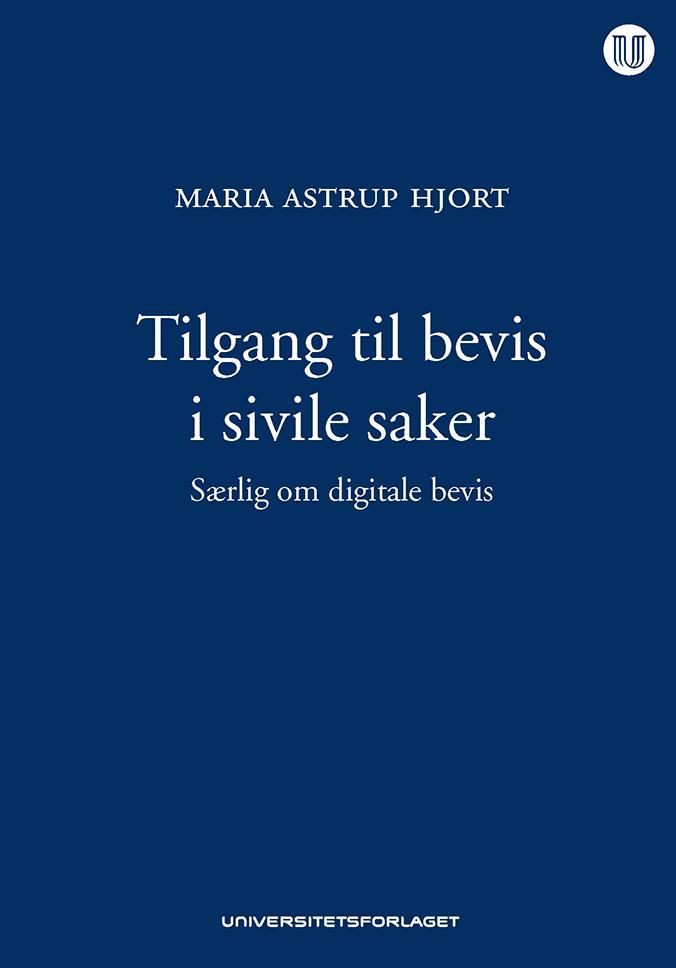
Researching Cybercrimes
519,-
<div><div>1. Introduction to Part I - Anita Lavorgna and Thomas J. Holt.- 2. Epistemologies of cyberspace: notes for interdisciplinary research, Anita Lavorgna.- 3. The how and why of cybercrime: the EU as a case study of the role of ideas, interests and institutions as drivers of a security-governance approach, Benjamin Farrand and Helena Carrapico.- 4. Programming the criminologist: developing cyber skills to investigate cybercrime, Ruth McAlister and Fabian Campbell-West.- 5. Profiling and predictions. Challenges in cybercrime research datafication, Bart Custers.- 6. Data-driven technologies in Justice Systems: Intersections of power, data configurations, and knowledge production, Pamela Ugwudike.- 7. Introduction to Part II, Anita Lavorgna and Thomas J. Holt.- 8. The challenges of empirically comparing cybercriminals and traditional offenders, Marleen Weulen Kranenbarg.- 9. Breaking the walls of silence: analyzing criminal investigations to improve our understandin








